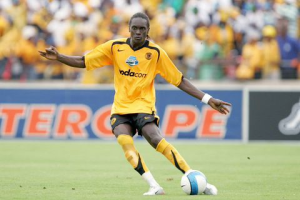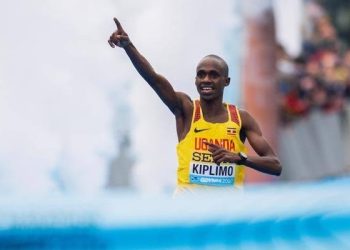Social media is buzzing after NBS Sport journalist Phiona Pinky questioned whether former Uganda Cranes forward David Obua deserves the title of a football legend.
Pinky’s remarks pointing out that while Obua is famous and popular, his career might not qualify for “legend” status have sparked a lively debate among fans.
Supporters of Obua argue that his contributions to football in Uganda and beyond make him a role model for aspiring players, while critics claim that the “legend” title should be reserved for those who have left a transformative mark on the sport.
David Obua, born on April 10, 1984, in Kampala, is one of Uganda’s most notable football figures. Starting his professional journey with Police FC in 1999, Obua went on to play for clubs in the U.S. before making his mark at Kaizer Chiefs in South Africa and Heart of Midlothian (Hearts) in Scotland.
At Hearts, he played 91 matches and scored 14 goals, earning a reputation as a versatile and skilled player. For the Uganda Cranes, Obua was pivotal, featuring in 58 matches, scoring 14 goals, and becoming Uganda’s all-time top scorer in Africa Cup of Nations and World Cup qualifiers.
One of the most discussed moments in Obua’s career occurred in 2011 during Uganda’s 2-0 victory against Guinea Bissau.
After being substituted, Obua threw his shirt to the ground in frustration and walked off the pitch. However, Obua issued a public apology to the nation, his coach, and his teammates.
“I was frustrated, but I regret my actions,” he said, describing the walk to the dressing room as the longest he ever took. Cranes captain Ibrahim Sekajja and other team leaders stood by him.
The coach then, Bobby Williamson, accepted his apology, acknowledging the emotional intensity of the game.
After retiring from playing, Obua transitioned into coaching, taking up roles at Maroons FC and later at URA FC, where he served as head coach until recently.
While many point to Obua’s accomplishments as evidence of his legendary status, others argue that moments like the 2011 incident or the lack of major international trophies temper his legacy.





























